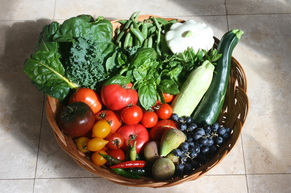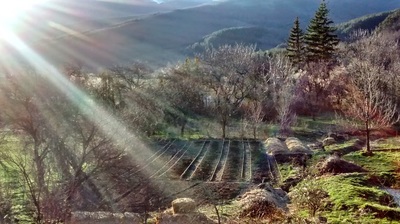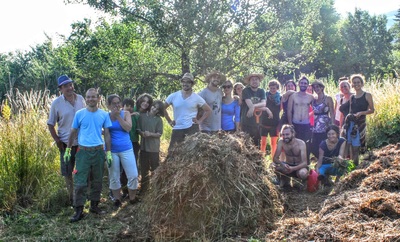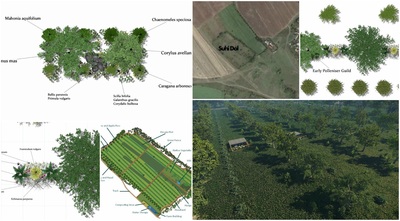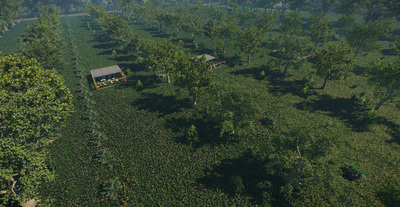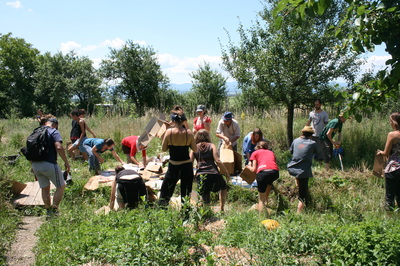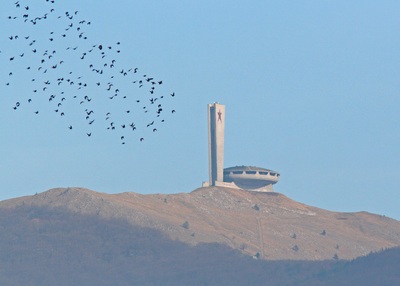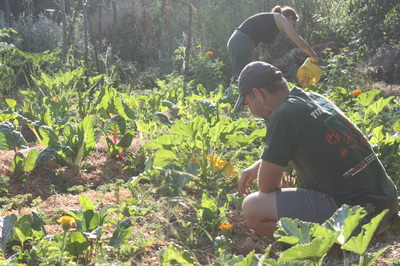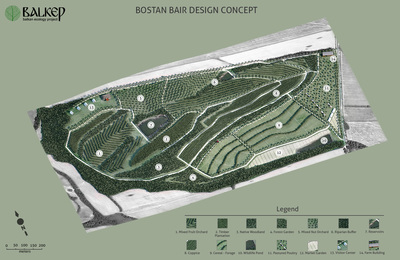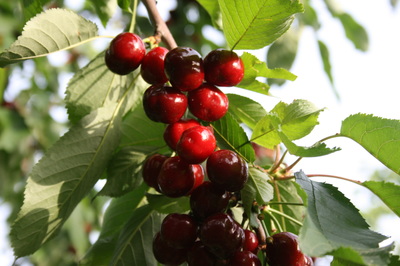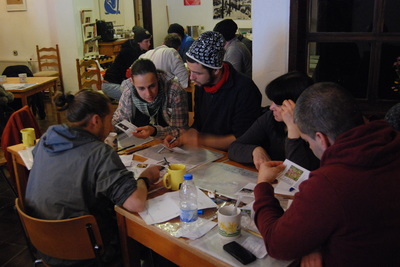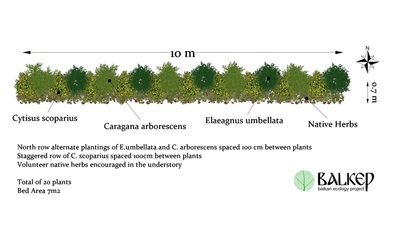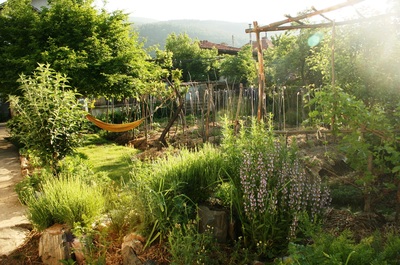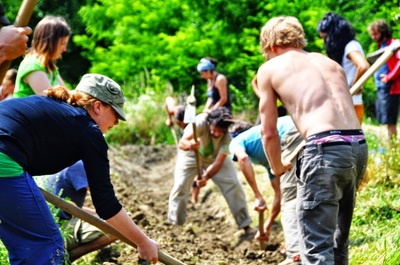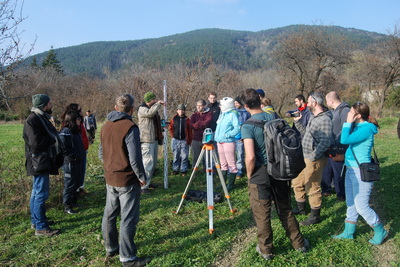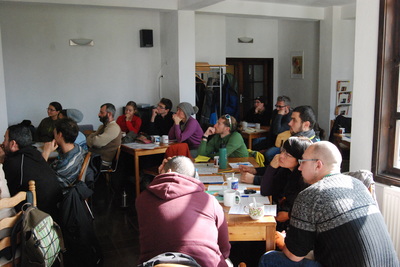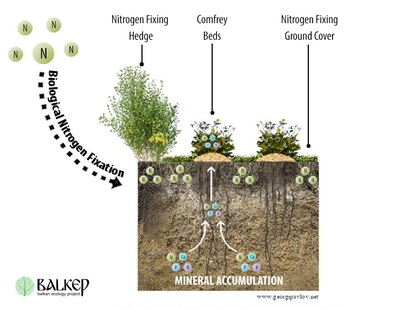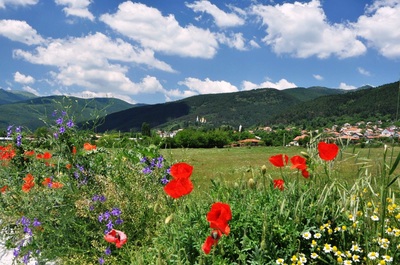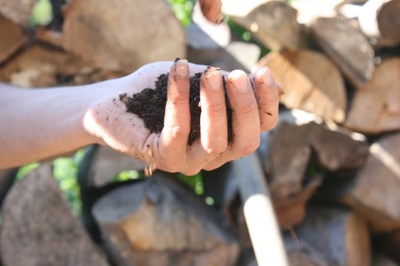Regenerative Landscape Design is at the forefront of a movement to restore health and vigor to our food producing ecosystems. Taking an holistic approach modelled on the success and productivity of wild systems, we look to provide real solutions to some of the problems associated with large scale food production and land management. This is a rewarding and exciting field to work in with great prospects for future development. Join us for this unique course and participate in the regeneration of landscapes.
Would you like to discover how to create regenerative landscapes?
Course fee €450
Accommodation and food: from €195
**Early booking discount available**
|
Course Fees, Accommodation and food Course Fees The fee for this course is €450 + accommodation and food* A 50% deposit of course fees and food and accommodation fees are required to secure a place on the course. Payment can be made in £, € or BGN via bank transfer, Paypal (4.5% processing fees apply) or via ETH or BTC The remaining fee is payable by cash (BGN) on arrival. Places are limited to 25 so please register early to avoid disappointment. *Everyone is welcome, and we try to accommodate all budgets. We are prepared to offer a reasonable reduction of the fees for those who need it. ------------------------------------------------------------------------------------------------------------- Accommodation and food Accommodation and food We provide a range of options for you to choose from in two friendly local establishments. Accommodation and food options A ,B or C are not subject to sliding scale fees. A 20% discount is available with early booking (see below) Accommodation and food prices for 7 nights and 3 meals a day. Option A - €195 (shared room in Hotel Perenika) Option B - €245 (private room at Shipka IT) Option C - €420 - For couples, price includes meals for two people and a private room for two at ShipkaIT) ***Early Booking Discount***
Register before March 5th and receive a 20 % discount from accommodation and food fees. Meals Breakfast will be provided to you from your hotel or guest room. Lunch and dinner will be provided by our team and will include our own produce whenever possible. Drinks and snacks will be available during tea breaks. We take pride in both the production and preparation of our food . A diversity of healthy nutritious home cooked food is guaranteed. If you have any dietary restrictions, please let us know in advance. |
The Course Concept During this course we'll be out in the field surveying real plots of land. Using the information we gather from surveying we'll show you how you can make informed decisions that result in a design that is truly regenerative, productive and economically and ecologically viable.
We'll introduce the fundamentals of regenerative design to you within an organised and structured framework. You'll be working in small teams of 5 - 7 people to map, survey and work on designs for plots. We'll also come together in larger groups to carry out practicals such as earthworks, compost building and pond building. We aim to balance field work, hands-on practicals, theory and exercises to provide you with a solid foundation to start designing and implementing your own projects. Why take this course?
|
|
In and around the venue |
Where will you be? The course is hosted in the town of Shipka on the foothills of the Central Balkan Mountains in the Rose Valley, Bulgaria. The area boasts high levels of biodiversity, beautiful countryside and historical sites of global, cultural and scientific significance. Sessions will be split between the lecture room, out in the wild, our 12 year old home forest garden composed of over 400 species of plants, our four year old market garden site and our perennial polyculture research fields. Our site provides a good example of small scale. low cost, intensive ecological design and includes examples of rainwater harvesting, gray water reed beds, wildlife ponds, multiple composting facilities and small scale plant nursery, forest gardens and more. We practice various methods of biological vegetable production including guild planting and crop rotation, and rear pigs, chickens and rabbits from this property. If traveling from abroad perhaps you would like to extend your stay in the region? There is plenty to do including hiking, biking, paragliding, various wildlife tours and archaeological excursions, or you could just soak up the timeless vibes of rural Bulgaria. If you would like to get some hands on experience after the course you're welcome to join in our polyculture market garden study. |
The Facilitators
The lead facilitator will be Paul Alfrey - director and founder of Balkan Ecology Project . There will also be live skype sessions with Georgi Pavlov who will be showcasing some of the keyline design projects he has been working on throughout the world and sharing his software based mapping techniques www.georgipavlov.net.
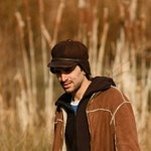
Paul Alfrey
Paul has been practicing and teaching ecological design for the last 12 years and has worked as a freelance Arborist in the UK for 20 years. Paul currently runs a plant nursery, market garden and polyculture research program and consults and designs for landowners and farmers across Europe. |
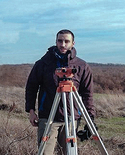
Georgi Pavlov
A Certified Teacher & Land Planning Consultant (P.R.I Australia), Georgi has extensive knowledge of ecological design and with a focus on information management, provides practical solutions to the establishment of regenerative enterprises - www.georgipavlov.net |
Our Goals for the Course
- To provide a clear and concise structured educational platform.
- To empower you to develop a regenerative project, whether that be to improve existing projects or to develop a new venture as producer, designer or educator.
- To facilitate and encourage the growth of a network of regenerative enterprises in Europe and beyond.
- To provide a comfortable, inspirational, and productive course experience for all involved.
- To make this course as accessible to as many people as possible. We are prepared to offer reduced fees for those who need it.
- To invest the profits from this course into protecting land and developing regenerative strategies in our local community and beyond.
"We are entering a new era in agriculture and resource management, one in which we actively design and create agro-ecosystems, forests, and watersheds, instead of depleting them. In the process of learning how to design, create and manage these new resource systems, we learn more and more about how to work with nature rather than against it." --Wilkinson and Elevitch, 2005


